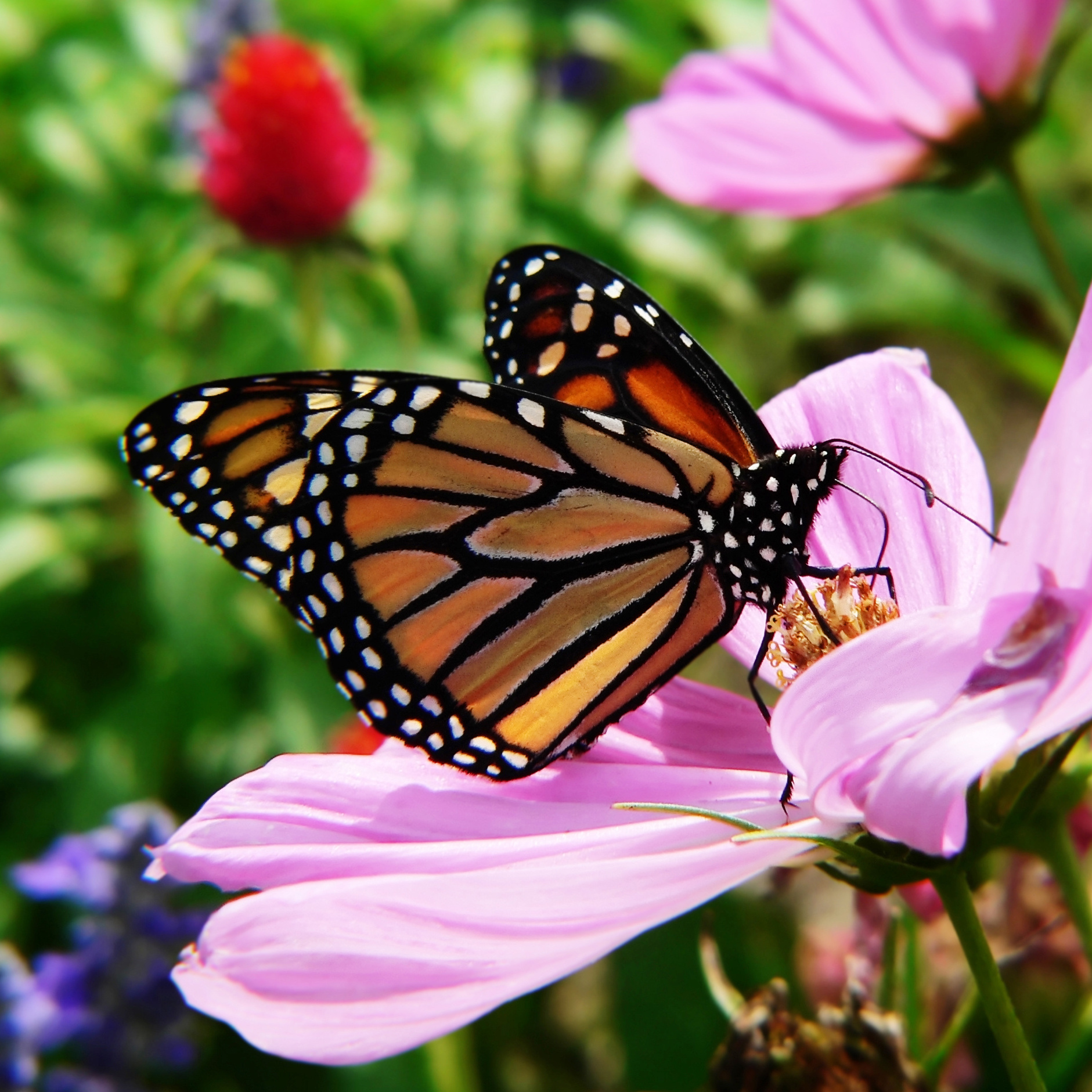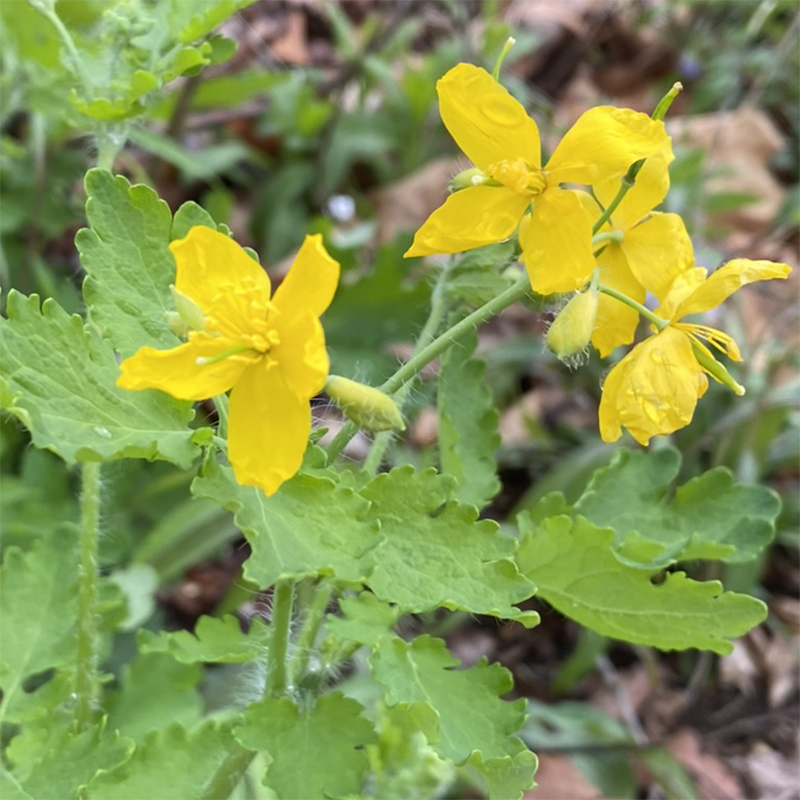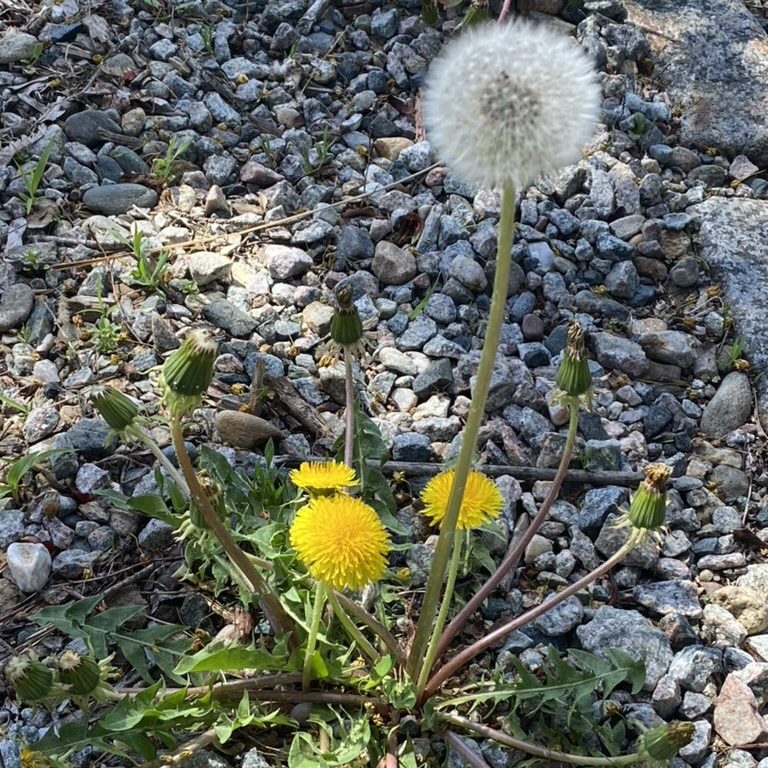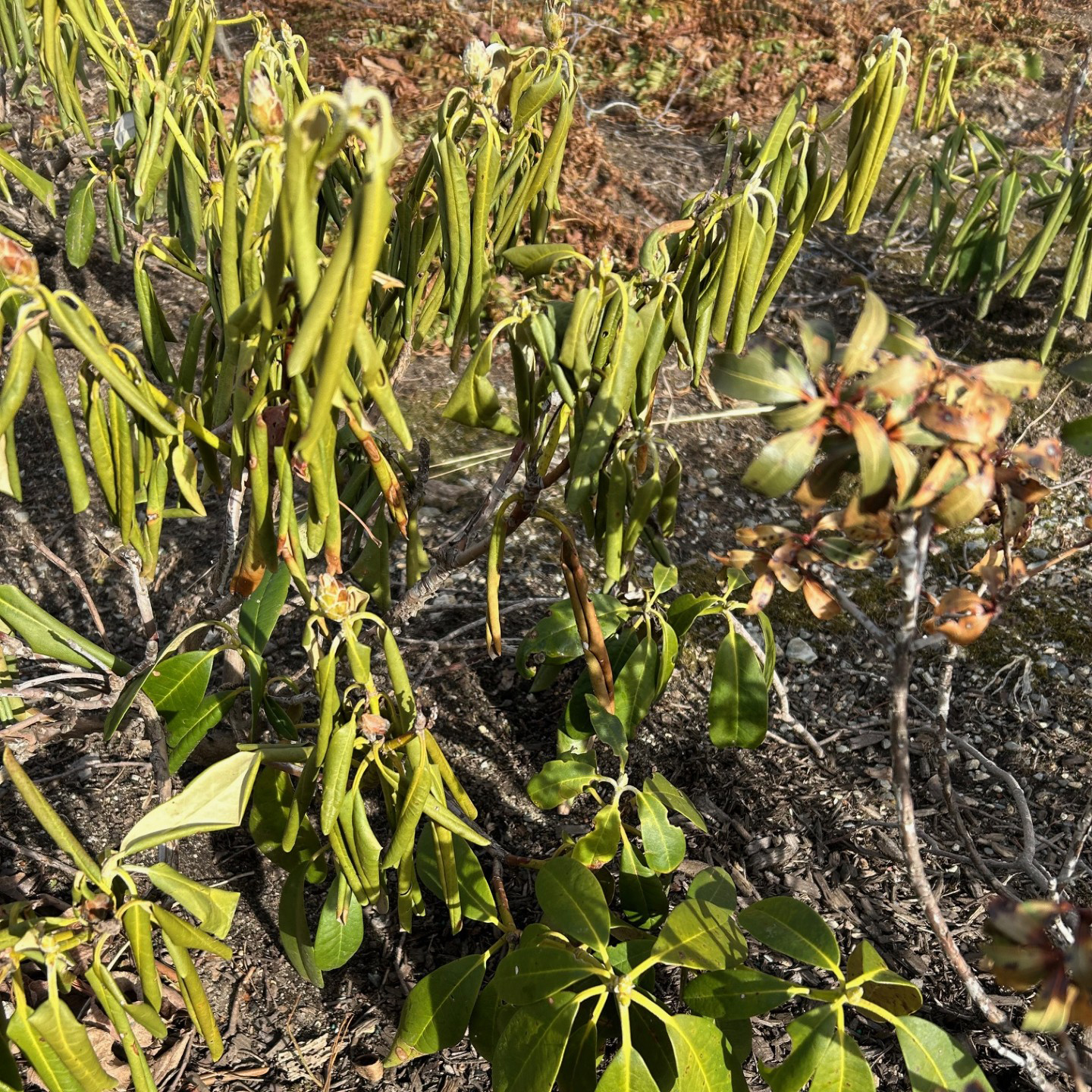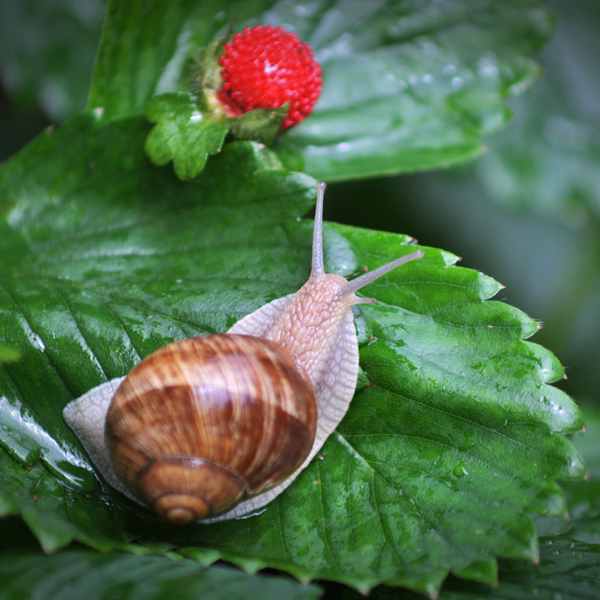
We are entering that part of summer when our home vegetable gardens are reaching peak production. What could be more heartbreaking than babying all of those plants for months, only to see them decimated by pests, just when you are anticipating a bountiful harvest? There are many home remedies that can help rid your garden of destructive pests. If you are able to identify the culprits, it may be easier to target them specifically but there are also some non -specific sprays that you can make at home that will control a variety of insects. Encouraging beneficial insects, as well as birds, toads and snakes can also aid in cutting down the population of harmful pests.
Let’s start with slugs! They are easy to identify when you see them and can be a source of enormous damage. They generally feed at night thus you might not notice them until you have sustained significant damage. Slugs thrive in moist conditions so always water your garden in the morning so that it can dry out by evening, making it less attractive to the slugs. Beer is a a well-known trap for slugs with good reason – it works! Sink a small dish in the ground and fill with beer. The slugs are attracted by the beer, fall in, and drown. Make sure to clean out and refill as needed. You can also provide inviting spots for slugs to shelter, such as a wooden plank on the ground, an overturned flower pot, or a watermelon rind. Turn those slug shelters over in the morning, pluck the slugs off and dispose of them (sprinkle salt on your hostages and they will die). You can also lay down a physical barrier so that the slugs cannot reach your plants. Some commonly found items like crushed eggshells and coffee grounds when spread around susceptible plants seem to work.
Another large scale predator in your vegetable garden is the tomato hornworm. Although they are best known for destroying tomato plants, these large, green and very hungry caterpillars can also destroy eggplant, pepper and potato plants. The easiest method to get rid of these predators is to inspect your plants carefully- you would be surprised how well camouflaged they are- and pick them off one by one and dispose of them. A homemade insect soap spray can also be effective. See below for instructions on making a soap spray. If you find a hornworm with white cylindrical projections on its back, leave it alone! Those white cylinders are braconid wasp pupae. The wasps will emerge, parasitize and kill other hornworms.
There are a myriad of other insect pests that can cause damage in your garden. One of the most common is an aphid infestation. Aphids can destroy nearly all garden crops and can also transmit diseases to many crops. A forceful spray of water will knock off many aphids but you will probably need to use some additional methods to rid your plants of these life sucking pests. There are several varieties of homemade sprays that are effective:
- Oil Spray – Thoroughly mix 1 cup of vegetable oil with 1 tablespoon of mild soap. Add 2 teaspoons of this mixture to a quart of water, shake, and spray directly on to the surface of affected plants.
- Soap Spray- Mix 1 ½ teaspoons mild soap with a quart of water and spray directly on affected surfaces of plant.
Be sure NOT to spray during the hot sunny part of the day, early morning or evenings are best.
Another strategy to control pest is to use companion plants. These fall into two categories – companion plants to attract beneficial insects that feed on garden pests and companion plants that deter garden pests. Most beneficial predators require nectar in addition to their insect prey and need flowers with shallow nectaries. Generally, plants with tiny flowers such as fennel, coriander, dill and yarrow or composite flowers like Black Eyed Susan and daisies attract these beneficial predators such as lady bugs and parasitic wasps. Most companion plants that deter pests are strongly scented and confuse pests looking for their host plant.
Companion plants that can deter harmful insects are numerous and include the following:
Chives: carrot flies, Japanese beetle and aphids.
Dill: aphids, squash bugs, spider mites, cabbage loopers and tomato hornworms.
Fennel: aphids, slugs and snails.
Rosemary: cabbage moths
Thyme: whiteflies, cabbage loopers, cabbage maggots, corn earworms, whiteflies, tomato hornworms and small whites.
Nasturtiums: whiteflies, squash bugs, aphids, many beetles and cabbage loopers
Potted Marigold (Calendula): aphids, whiteflies and thrips
It is worthwhile to try these all-natural and readily available strategies to control the pests in your garden before turning to options that could prove harmful to you, your pets or the environment. Call or visit to your local garden center for more great advice and happy harvesting!
By Hilary Kassler


